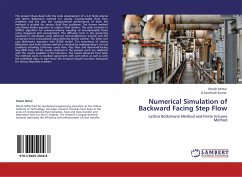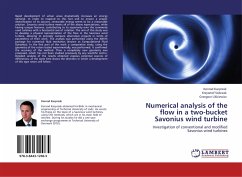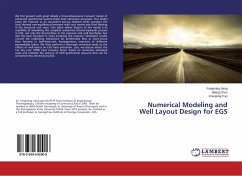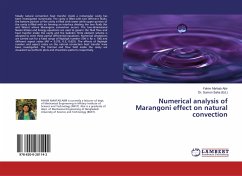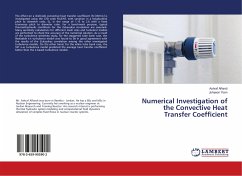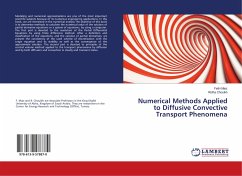The present thesis deals with the code development of a 2-D finite volume and lattice Boltzmann method for steady, incompressible fluid flow problems and the also the computational performance of both the methods is studied for various fluid flow problems. The former method uses Navier-Stokes equation to capture fluid motion. The code is based on SIMPLE algorithm for pressure-velocity coupling of incompressible flows using staggered grid arrangement. The diffusion term in the governing equations is discretized using deferred central-difference scheme and the convection term is discretized using deferred QUICK scheme. The latter one uses Boltzmann equation with D2Q9 model. The soundness of Lattice Boltzmann and finite volume method is checked by implementing it on test problems including Lid-driven cavity flow, Pipe flow and Backward-facing step (BFS) flow. All the results obtained in the present work are validated with the results available in the literature. The results obtainedfrom both the methods were in excellent agreement with each other as well as with the published data. In pipe flow, the entrance length has been measured for various Reynolds numbers.
Bitte wählen Sie Ihr Anliegen aus.
Rechnungen
Retourenschein anfordern
Bestellstatus
Storno

